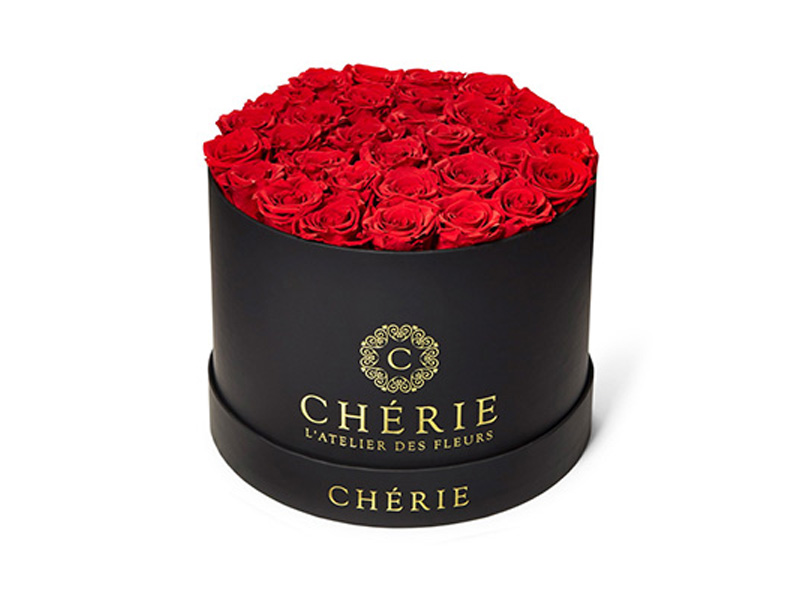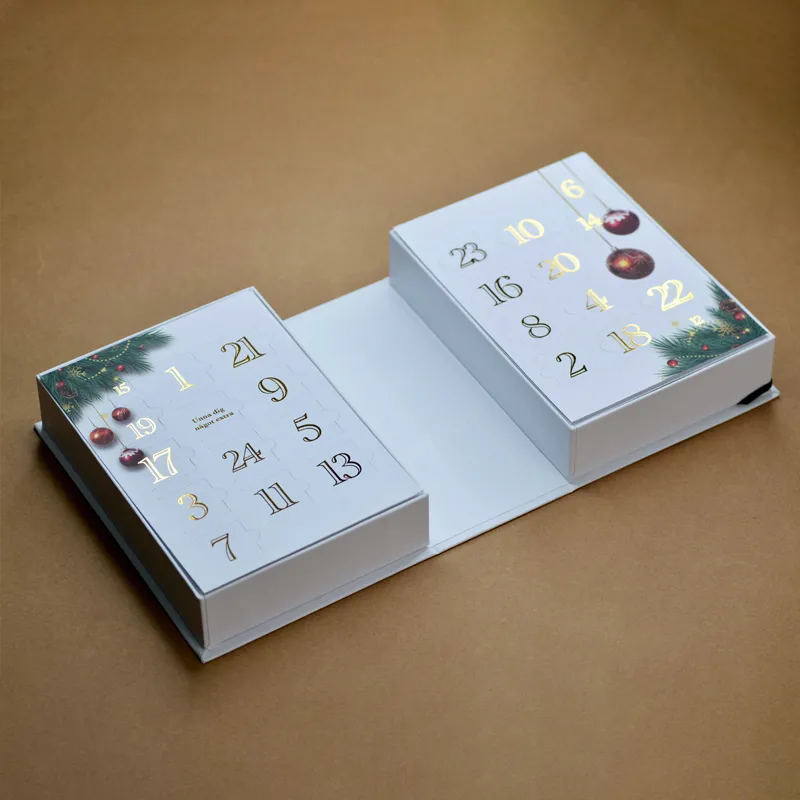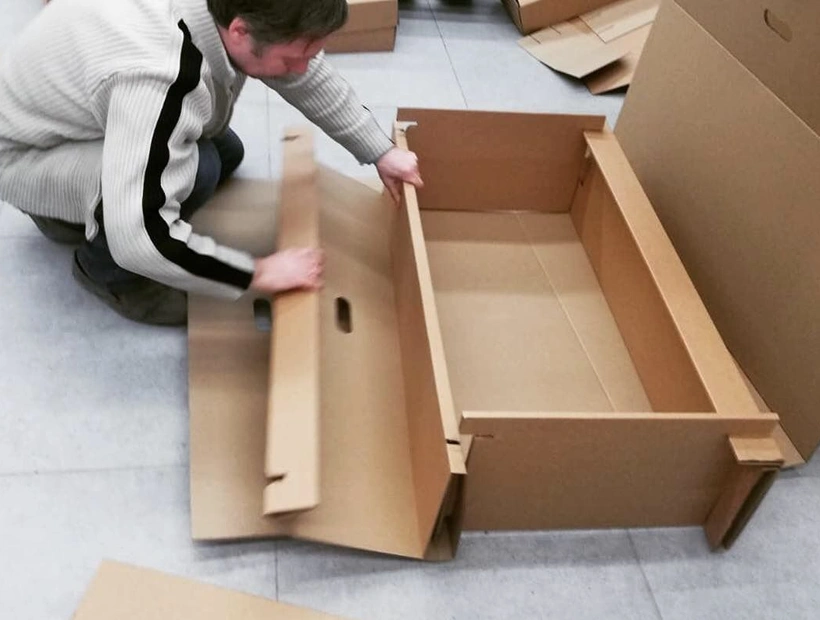Introduction
Whether you are a newbie captivated by the dazzling allure of flowers, a professional florist, an event planner or a long time flower enthusiast, this piece, “Floral Box 101” has been curated to walk you through the art of using flower boxes, providing a step by step guide for packaging flowers into their boxes and incorporating them into your unique floral arrangements to enhance your home and wedding decor, or other such events which may require an aesthetic touch, something which flowers and floral boxes achieve with utmost ease.
Key tips regarding the maintenance and proper use of a floral box will also be provided in order to achieve the elegant beauty and sophistication for which floral boxes are famed. So stay glued as we dive into the world of Floral boxes!!
What is a Floral Box

While floral boxes are usually at first thought, seen as decorative containers used to hold and showcase flowers, greenery and other botanical characters in a beautiful and appealing way, they do in fact, have two meanings depending on whether they are being primarily used to plant or showcase flowers.
As a planter, a flower box is a container made of wood, plastic, ceramic, glass, or metal that is intended to house live plants and flowers for outdoor use. These boxes are usually placed on windowsills, balconies, and along sidewalks. As expected, they come in a variety of sizes and styles, allowing you endless creative freedom in bringing a splash of color and style to your place.
The alternative connotation relates to the floral box in an arrangement that is primarily intended for exhibition. A floral box, very much a modern spin on the traditional bouquet, is made up of an array of blooms that are skillfully designed and placed within an aesthetically pleasing box. Due to a major focus on clean lines, simple shapes and natural textures, floral boxes have a more vintage charm than traditional vases.
Often, a wet floral foam is placed at the bottom of the box to keep the flowers hydrated and eliminate the need for a vase, this makes floral boxes perfect for gifts or as low-maintenance centerpieces. There are different types of floral boxes with various flower combinations, offering a special and long-lasting way to enjoy beautiful blooms.
Flower boxes can transform into eye-catching focal points, provide chic accents, or offer a unique alternative to traditional flower arrangements.
You have the option to fill the boxes with a range of flowers, foliage, and other adornments like pebbles, candles, or ornaments, opening up endless creative options.
Floral boxes bring an element of sophistication and playfulness to any environment, making them a favored option among florists, event coordinators, and flower lovers, whether they are being utilized for weddings, special occasions, or regular decor.
How Do You Package Flowers In A Box? (a step-by-step guide)
Arranging flowers in a floral box for display or giving is a simple and, dare I say, intriguing process. Here’s a step-by-step guide to follow:
- Prepare the Box: Place floral foam or a plastic liner at the bottom of the box to maintain flower moisture and maximize water retention.
- Prepare the Flowers: Get the flowers ready by cutting off any additional leaves or thorns from the stems at an angle. This ensures that the flowers can retain moisture and maintain their freshness for a longer period of time as the rate of evaporation is reduced.
- Arrange the Flowers: You should begin by positioning the bigger flowers at the center of the display and then extending outward, incorporating smaller blooms and foliage around them. Varying heights and angles provide visual interest.
- Fill in the Gaps: To create that full and balanced effect you desire, use filler flowers to fill in any gaps. And for texture and fullness, tuck them in between the bigger blooms.
- Secure the Flowers: Now that you’re satisfied with the arrangement, carefully press the stems into the floral foam or use floral tape to hold them securely.
- Add Finishing Touches: This is when you trim any stray stems or foliage and adjust the placement of flowers as needed to achieve the perfect shape and balance.
- Optional Enhancements: You might want to consider adding decorative items such as ribbons, bows, or embellishments to the box in order to give it a more personalized touch.
- Display or Gift: When the arrangement is finished, place the floral box in a prominent spot for display or give it as a kind gift to brighten someone’s day.
With a little effort and following the above steps, you can make a lovely flower arrangement in a box that complements any decor while showcasing the flowers’ inherent beauty.
How Long Can Flowers Last in A Box?
The longevity of flowers in a box is determined by the interaction of some important factors, including the type of flowers, how fresh they are, their water quality, and storage circumstances. Cut flowers can usually last 3 to 14 days in a box with adequate care and handling. Below is a rundown of what to expect:
- 3-5 days: More delicate flowers such as poppies, pansies, and petunias usually last between 3-5 days.
- 5-7 days: Roses, carnations, and chrysanthemums can last anywhere between 5-7 days with adequate care.
- 7-10 days: Hardier flowers, such as sunflowers, daisies, and alstroemeria, can last up to 10 days.
- 10-14 days: Orchids, proteas, and certain tropical flowers can last for 2 weeks or more.
It is critical to understand that these are only estimations to help you know what to expect, and you may not obtain the same results depending on the circumstances of your flower box.
Maintaining Tips
To maximize the lifespan of your flowers and keep your floral box in good condition, here are a few valuable tips to help:
1. Watering: Ensure that the water is at the right level every day, adding more when required. But ensure to steer clear of overwatering, as this can result in proliferation of bacteria and root decay.
2. Trimming: To optimize water absorption and avoid blockages, trim the stems of your flowers every two to three days.
3. Temperature: Avoid placing the flower box in full sunlight, near heat vents, or in extremely cold or hot conditions (below 40°F or above 80°F) as this can cause damage or stains.
4. Humidity: Use a humidifier or set the flower box on a tray with water and pebbles to keep the atmosphere damp.
5. Light: Depending on the type of flower, you should provide about 10-12 hours a day of artificial light or indirect sunshine.
6. Flower Care: Research the kind of care your particular flowers require; some may demand extra assistance or particular attention.
7. Cleaning: To stop the formation of bacteria and keep the area clean, gently remove any dead flowers and debris.
8. Floral Foam: As floral foam degrades, replace it every two to three weeks to prevent bacterial growth.
9. Pest Control: Inspect your floral box for pests such as spider mites, aphids, and whiteflies, and treat any infestations quickly.
10. Rotate your flowers: Rotating the flowers every few days helps promote uniform or even water uptake as well as prevent leaning.
Following these tips religiously will help keep your flowers and floral boxes in good condition for as long as possible.
Key Takeaway
Painstakingly choosing flowers, packing, and routine upkeep are all necessary to create an elegant and durable flower box. That said, you could create a gorgeous, long-lasting fresh flower box that is ideal for any event or home décor by following the tips we’ve meticulously curated for you in this article.


